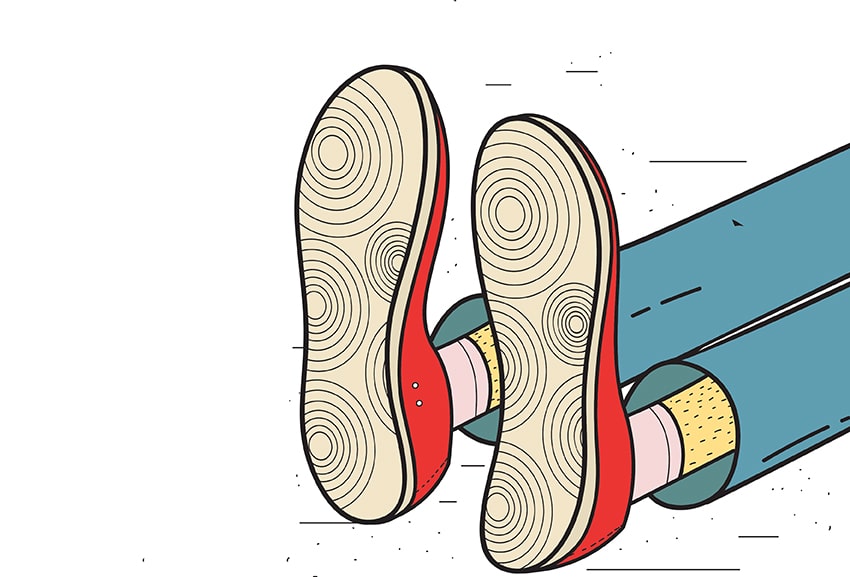Last month my wife covered the plethora of menopausal symptoms and treatment options available. Certainly ladies the take home message is that it is well worth discussing the above with your GP.
It might come as a big surprise that men also can undergo what has been referred to as a ‘male menopause,’ which is correctly termed Andropause – androgens being a name for hormones producing general virility. It is also known as Late Onset Hypogonadism (LOH).

As with the menopause, it is an area where confusion reigns and few opt for treatment.
How do we differentiate between normal male ageing and slowing down from a testosterone deficiency state? It is not easy!
The symptoms that might highlight a problem are legion, and include physical ones like loss of body hair, low energy, loss of height, increased sweating and shortness of breath. Others involve memory and mood changes coupled with a loss of concentration, hot flushes, changes in dress sense, and slower driving! The sexual symptoms include reduced libido and erectile dysfunction, which unsurprisingly are well known.
So, you have some of these symptoms, just take testosterone and all will be well! No, hang on a minute – the deficiency has to be confirmed by a blood test. An early morning fasting testosterone level is needed with a Sex Hormone Binding Globulin (SHBG) to determine a true testosterone deficiency state. That is how much free testosterone you have circulating and doing its energising functions.
You will have spotted that some of the symptoms of Andropause are vague, just like the menopause; and other conditions masquerading as the Andropause, like depression, thyroid disorders, and anaemia and so on, all have to be considered. A good GP will be well aware of the steps to take to establish an accurate diagnosis. Indeed, middle age and older is definitely a good time to review your general health and get advice on aging well and retirement issues.
Should a true testosterone deficiency be diagnosed, contraindications to replacement have to be excluded as well, like prostate trouble, hypertension and heart failure.
Once treatment is considered, a discussion with your GP is needed to decide on a short trial of treatment and, if this helps, to look at long-term replacement. Thus, treatment is tailored to your response and preferences as to whether you want to take a tablet, a gel, or a patch applied to your abdomen, an injection every two weeks, or an implant that works for three months or so.
Monitoring of treatment needs a regular blood pressure measurement, and yearly blood tests for prostate trouble, liver and anaemia tests. Most men would be advised to have these checks done regularly anyway, as I have suggested.
Too much testosterone can cause problems that are well known, like aggression, sexual hyperactivity, male pattern hair loss and skin darkening. So, it is important to get the right balance. Treatment is very much centred on the patient’s response and expectations.
I have not tried to encourage a sudden rush of men to their doctors for a magic rejuvenation treatment at all, but clearly some men are suffering in silence and there is a route, and tests to be done, which can help enormously in restoring vigour in hormone-depleted men.
As a population, us men are not good at attending doctors unless really pushed – it is not perceived as a manly activity for a hunter-gatherer!
The paradox of course is that in medical terms men are the weaker sex; we don’t live as long as our partners for multiple reasons, which is probably a cunning ploy by Mother Nature, as left to our own devices without a partner to look after us, we don’t do at all well!
So, real intelligent manly activity involves appreciating weakness and accepting medical help and advice. Good luck.



